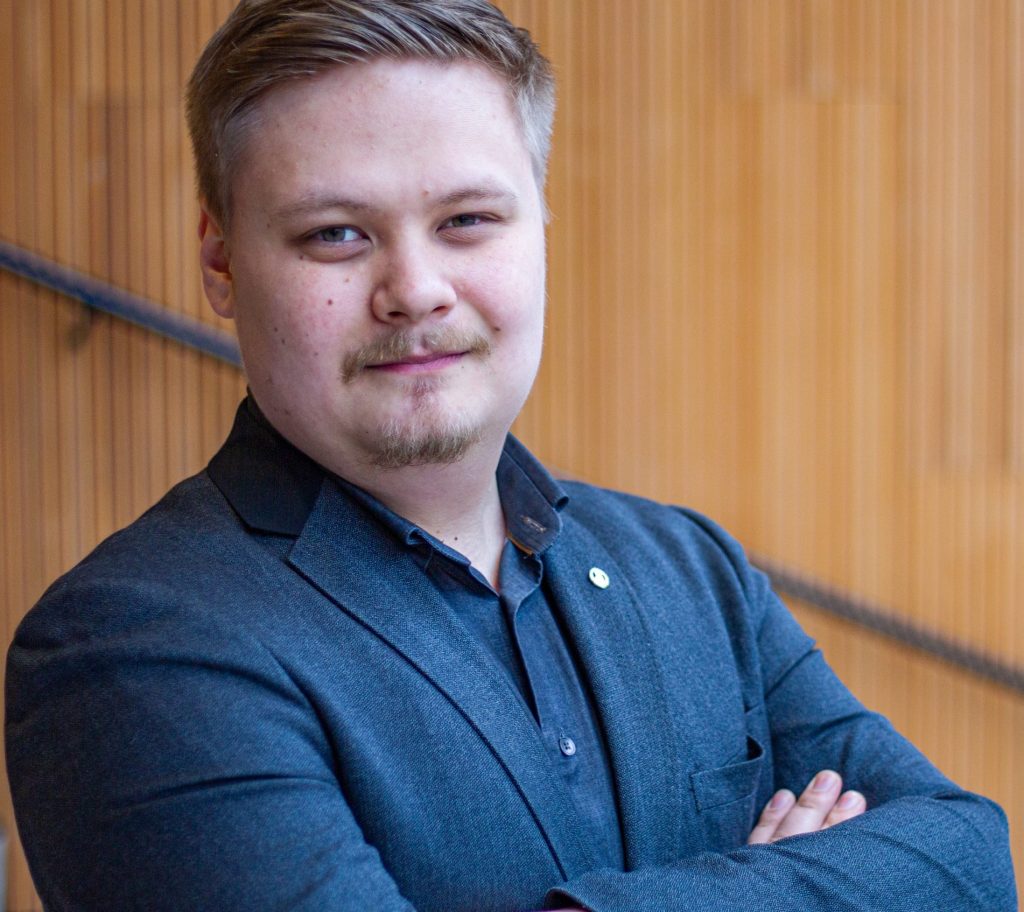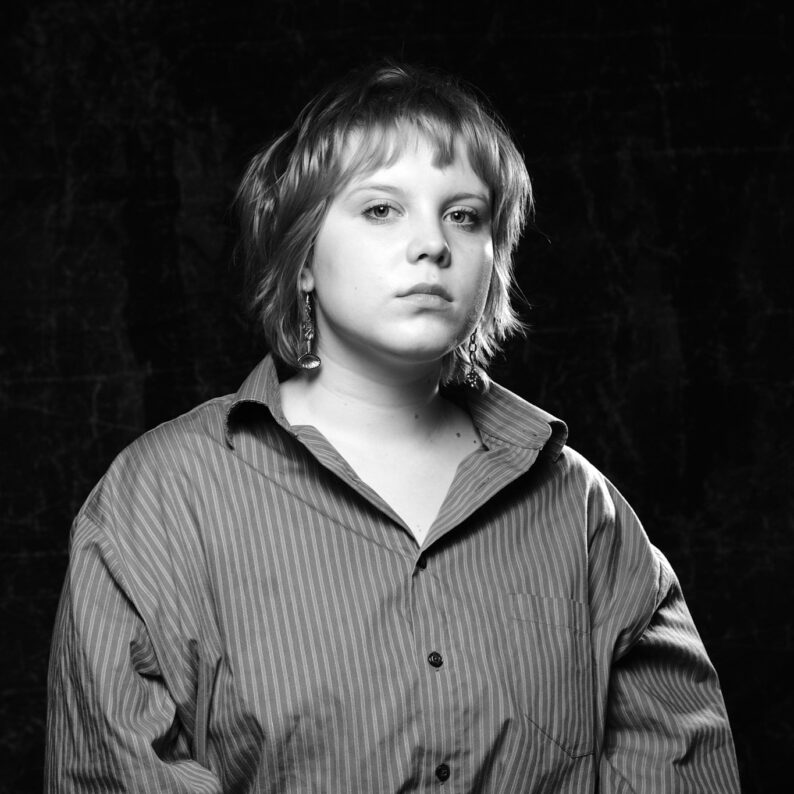


Young people deserve a more equal working life
Blog
Equality in working life is not fully realised. For instance, women both burn out and work part time more frequently than men.
Most students study in order to get a job they like. In particular, students are interested in the prospects they see for young people in working life. Even though people often consider Finnish working life to be fairly equal, the work is not fully realised even in our country. The annually published Youth Barometers provide a good indication of how the attitudes of young people reflect the equality problems of working life.
Young women feel more uncertain about working life than men do. The Youth Barometer 2019, published on 20 April 2020 by the State Youth Council under the title ‘Good Work’, charts the views people aged 15–29 have on working life, entrepreneurship and the future. The barometer indicates that 80% of young women consider it likely that they will find a permanent job, whereas the same figure for men is 90%. Women also consider the demands of working life to be greater. As many as 84% of women feel that working life nowadays makes people burn out prematurely. 46% of women are worried about whether they can cope in working life. Men, on the other hand, had a distinctly more optimistic view on the same issues: 59% of men feel that working life nowadays makes people burn out prematurely, and 27% are worried about whether they can cope in working life.
The worries young women have over finding employment reflect existing problems with equality. According to the Centre for Gender Equality Information, the share of women getting employed in part-time jobs is greater than that of men. 22% of female wage earners had a part-time contract, while the figure was only 10% for men. In addition to this, the employment rate of women aged 25–34 is 73.5%, whereas the rate for men in this age group is 82.5%. This means that women are in a markedly more uncertain position with regard to finding employment than men.
One of the major factors causing inequality in working life is the use of family leaves. According to the Centre for Gender Equality Information, mothers use the majority of family leaves, and as many as one fifth of Finnish men do not use family leaves at all. The unequal distribution of family leaves has a significant negative impact on women’s careers. According to the Centre for Gender Equality Information, women returning from family leaves received, on average, a lower salary than women with no children. Employers’ potential fears over female employees getting pregnant may also make finding employment more difficult for young women.
We hope that the challenges related to equality in working life are tackled and solutions to the problems promoted. Equal family leaves are one concrete way of promoting gender equality in working life. Family leaves should be reformed using the 6+6+6 model. In this model, one parent would use six months of the family leave, the other would also use six months and the parents would distribute the remaining six months among themselves as they see fit. Young people deserve a more equal working life where gender does not affect one’s employment prospects.
Riku-Petteri Kyllönen
Member of the Board
Sources:
Youth barometer 2019, ‘Good work’ (infographics available in English)
https://tietoanuorista.fi/nuorisobarometri/nuorisobarometri-2019/ (in Finnish)



